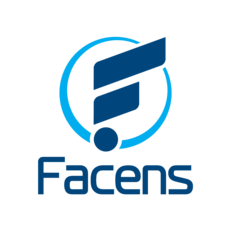ECO GINC – an ecological group activity applied in Brazilian public schools
Pupils from public schools in Brazil often face issues such as bullying, lack of life perspective and poor environmental education. Aiming to address these problems ECO GINC was created, in 2017, addressing them through hands-on activities to raise environmental awareness. The project is developed in public high schools in Sorocaba and its surroundings. The group activities are carried out by volunteer students from UniFacens, a philanthropic university also located in Sorocaba, during three days. The content taught in the schools are learnt by the volunteers in a training given by university staff, where the importance of stimulating creativity and empowerment are highlighted. The employees are also responsible to train the high school teachers and principal so that the technique can be applied in others subjects and the cultural change becomes perennial. In total, 104 kg of waste have been collected during the activities, which address circular economy and correct waste disposal in a fun and creative way.
Top 3 learnings:
- We realized how important is that all teachers are engaged and aware of the project.
- We need to offer more training to students to understand and implement the activities accordingly.
- We need to understand the profile of pupils to better adapt the activities proposed.
What it means to win
“Winning the International Green Gown Award would emphasize the efforts we put towards cultivating students as changemakers with broad-based skills beyond their subject area, such as systems thinking, empathy, collaboration and creativity, increasing the opportunities for multidisciplinarity, blending theory and practice and integration with local communities.”
Raquel Barbosa Rogoschewski
Coordinator of LIS (Social Innovation Laboratory)







 Except where otherwise stated, content on this site is
licensed under a Creative Commons Attribution 3.0 License.
Except where otherwise stated, content on this site is
licensed under a Creative Commons Attribution 3.0 License.
